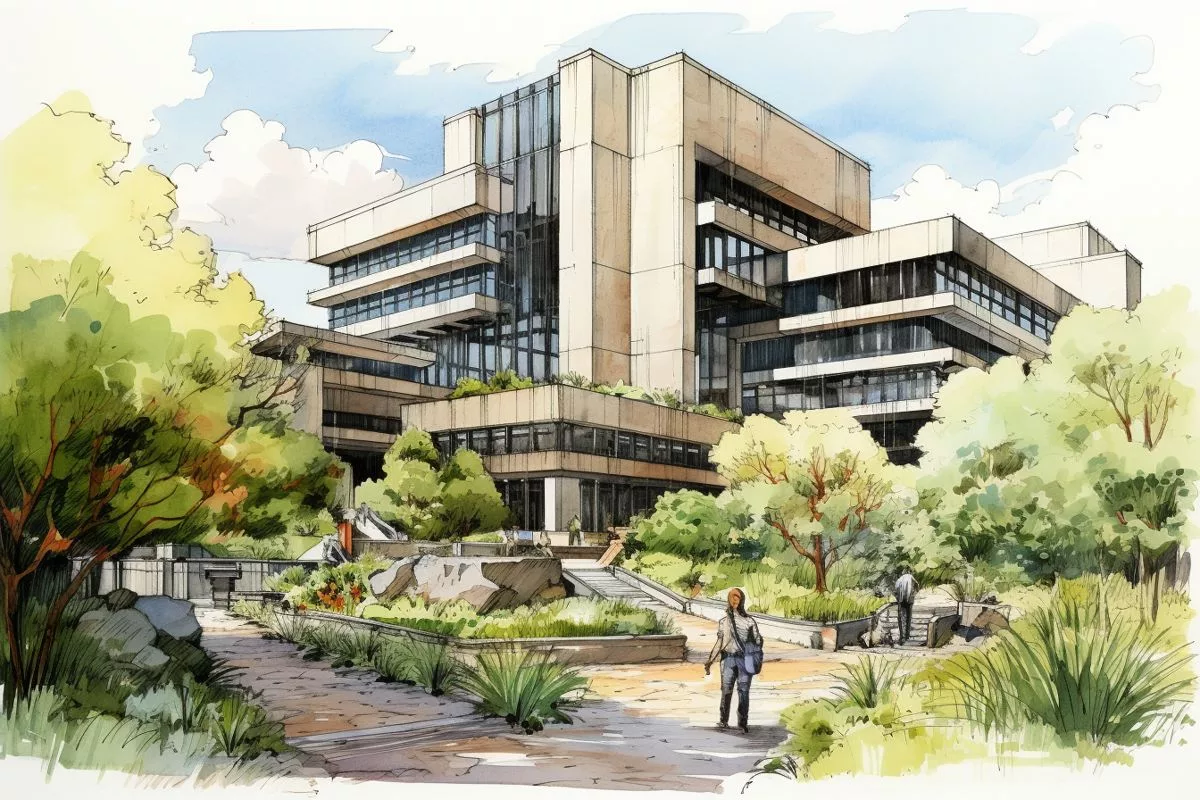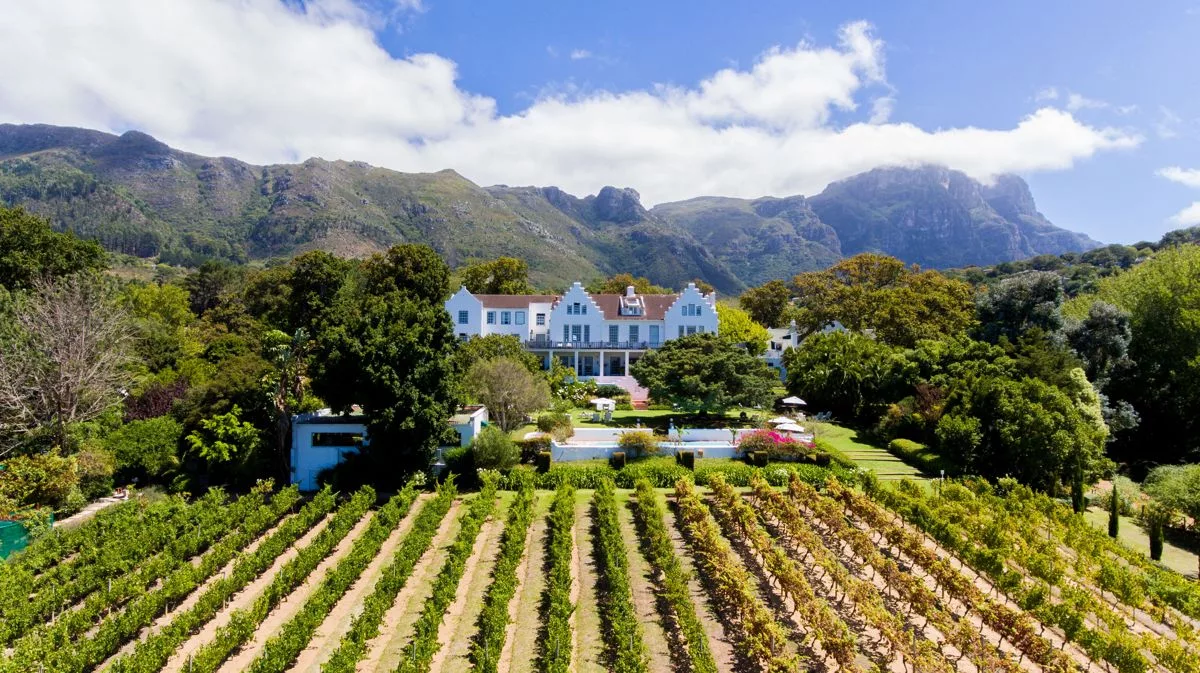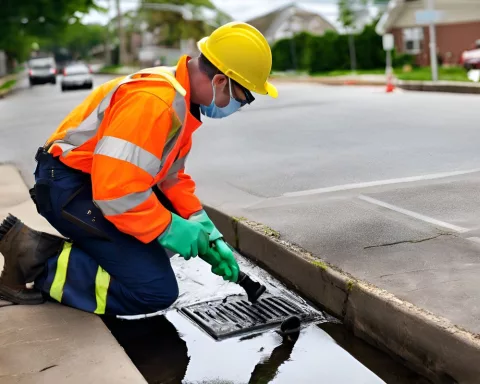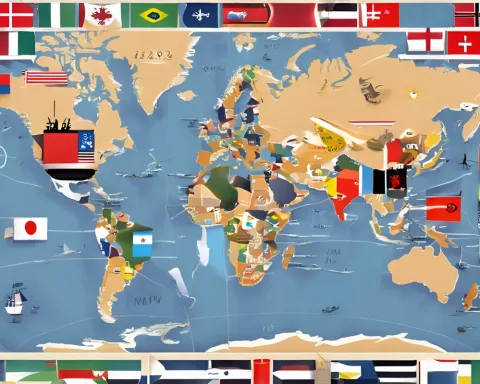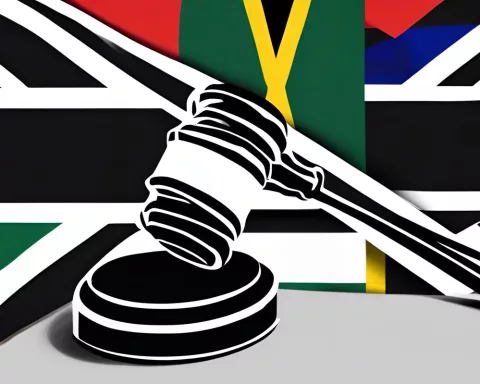President Cyril Ramaphosa of South Africa has a vision to address the challenges of socio-economic disparities, gender-based violence, and sustainable development through strategic reforms, innovative initiatives, and engaging conversations with the people of South Africa. He has focused on ensuring economic resilience through the South African Reserve Bank, promoting accountability and delivering justice through commissions of inquiry, and combating gender-based violence through the National Strategic Plan. He also seeks to glean insights from census results for socioeconomic development while emphasizing transparency, accountability, and the proper functioning of public institutions.
What is President Cyril Ramaphosa’s vision for South Africa?
President Cyril Ramaphosa’s vision for South Africa is to address various challenges, including socio-economic disparities, gender-based violence, and sustainable development, through strategic reforms, innovative initiatives, and engaging conversations with the people of South Africa. He has focused on ensuring economic resilience through the South African Reserve Bank, promoting accountability and delivering justice through commissions of inquiry, and combating gender-based violence through the National Strategic Plan. He also seeks to glean insights from census results for socioeconomic development while emphasizing transparency, accountability, and the proper functioning of public institutions.
South Africa has been grappling with various challenges throughout its history, including socio-economic disparities, gender-based violence, and the demand for sustainable development. President Cyril Ramaphosa, who took office in 2018, has been proactively addressing these concerns through strategic reforms, innovative initiatives, and engaging conversations with the people of South Africa. This article examines the different measures undertaken by the President and his administration to effect significant change in the country while also reflecting on the tough choices faced by national leaders given the global challenges and limited resources.
South African Reserve Bank: Ensuring Economic Resilience
An essential aspect of South Africa’s economic resilience is the South African Reserve Bank (SARB). The constitution mandates the SARB to maintain the value of the nation’s currency and promote sustained, balanced growth. Under President Ramaphosa’s leadership, the SARB has upheld its commitment to macroeconomic stability, despite demands for more lenient monetary policy approaches.
Acknowledging that South Africa’s growth and unemployment issues cannot be solved solely through monetary policy, President Ramaphosa’s administration has concentrated on dealing with structural obstacles, implementing structural reforms, and promoting an efficient state that delivers necessary public goods and services. The government’s commitment to price stability has improved South Africa’s competitive trade position and strengthened investor confidence.
Commissions of Inquiry: Promoting Accountability and Delivering Justice
To emphasize accountability and justice, President Ramaphosa has introduced two commissions of inquiry since assuming office. The first commission, established in 2018, scrutinized tax administration and governance by the South African Revenue Service (SARS). The second commission, formed later that year, investigated allegations of misconduct within the Public Investment Corporation (PIC).
By creating these commissions, President Ramaphosa has signaled that his administration values transparency, accountability, and the proper functioning of public institutions. This dedication to justice extends to other areas of public interest, most notably the ongoing fight against gender-based violence.
Combating Gender-Based Violence: The National Strategic Plan
Gender-based violence remains a deeply rooted problem in South African society, despite political commitment and various measures to address it. Cultural norms, patriarchal values, and toxic masculinity fuel this violence and worsen gender inequality. Under President Ramaphosa’s leadership, the government has initiated the National Strategic Plan on Gender-Based Violence and Femicide to tackle this critical issue.
Essential elements of this plan include enhancing the criminal justice system’s response to gender-based violence (such as improved law enforcement, police training, and simplified legal processes), increasing penalties for offenders, tightening bail and parole conditions, and providing better protection for vulnerable women. The creation of specialized units, like the NPA Sexual Offences and Community Affairs Unit, has resulted in higher conviction rates and lengthier sentences for perpetrators.
Additionally, several awareness campaigns and initiatives have been launched to challenge traditional norms, advocate for gender equality, and educate the public on the consequences of gender-based violence. The National Assembly’s recent approval of the National Council on Gender-Based Violence and Femicide Bill demonstrates the ongoing commitment to addressing this issue.
Socioeconomic Development: Gleaning Insights from Census Results
The Census 2022 results offer valuable information on South Africa’s demographic changes, access to services, and living conditions. The data shows a growing, urban population with increased access to education, housing, electricity, water, and sanitation facilities. These figures highlight the need for urban planning, sufficient infrastructure, and the provision of economic opportunities while also implying that rural development should not be neglected.
The census results reveal that South Africa’s population is predominantly young, with over 61% under 35 years of age. This underscores the importance of ongoing efforts in early childhood development, education, and post-school training. The significant improvements in education levels from 1996 to 2022 attest to the effectiveness of economic and social policies pursued by democratic administrations over the past three decades.
Throughout his presidency, Cyril Ramaphosa has shown a strong commitment to progressive reforms and social transformation. By tackling crucial issues like economic stability, gender-based violence, and sustainable development, he has laid the groundwork for a more equitable, prosperous, and harmonious South Africa. Although challenges persist, President Ramaphosa’s leadership and vision provide optimism for a brighter future for all South Africans.
What challenges has South Africa faced throughout its history?
South Africa has faced various challenges throughout its history, including socio-economic disparities, gender-based violence, and the demand for sustainable development.
What is the role of the South African Reserve Bank?
The South African Reserve Bank (SARB) is mandated to maintain the value of the nation’s currency and promote sustained, balanced growth. Under President Ramaphosa’s leadership, the SARB has upheld its commitment to macroeconomic stability, despite demands for more lenient monetary policy approaches.
What are Commissions of Inquiry, and why do they matter?
Commissions of Inquiry are investigative bodies established to investigate specific issues of public interest. President Ramaphosa has introduced two commissions of inquiry since assuming office to promote accountability and deliver justice.
What is the National Strategic Plan on Gender-Based Violence and Femicide?
The National Strategic Plan on Gender-Based Violence and Femicide is an initiative launched by President Ramaphosa’s administration to tackle gender-based violence, which remains a deeply rooted problem in South African society.
What are the essential elements of the National Strategic Plan on Gender-Based Violence and Femicide?
The essential elements of the National Strategic Plan on Gender-Based Violence and Femicide include enhancing the criminal justice system’s response to gender-based violence, increasing penalties for offenders, tightening bail and parole conditions, and providing better protection for vulnerable women.
What insights do the Census 2022 results offer for South Africa’s development?
The Census 2022 results offer valuable information on South Africa’s demographic changes, access to services, and living conditions, highlighting the need for urban planning, sufficient infrastructure, and the provision of economic opportunities while also implying that rural development should not be neglected.
What does the predominantly young population of South Africa imply for the country’s development?
The predominantly young population of South Africa implies the importance of ongoing efforts in early childhood development, education, and post-school training.
How has President Cyril Ramaphosa’s leadership impacted South Africa?
President Cyril Ramaphosa’s leadership has shown a strong commitment to progressive reforms and social transformation, laying the groundwork for a more equitable, prosperous, and harmonious South Africa.

